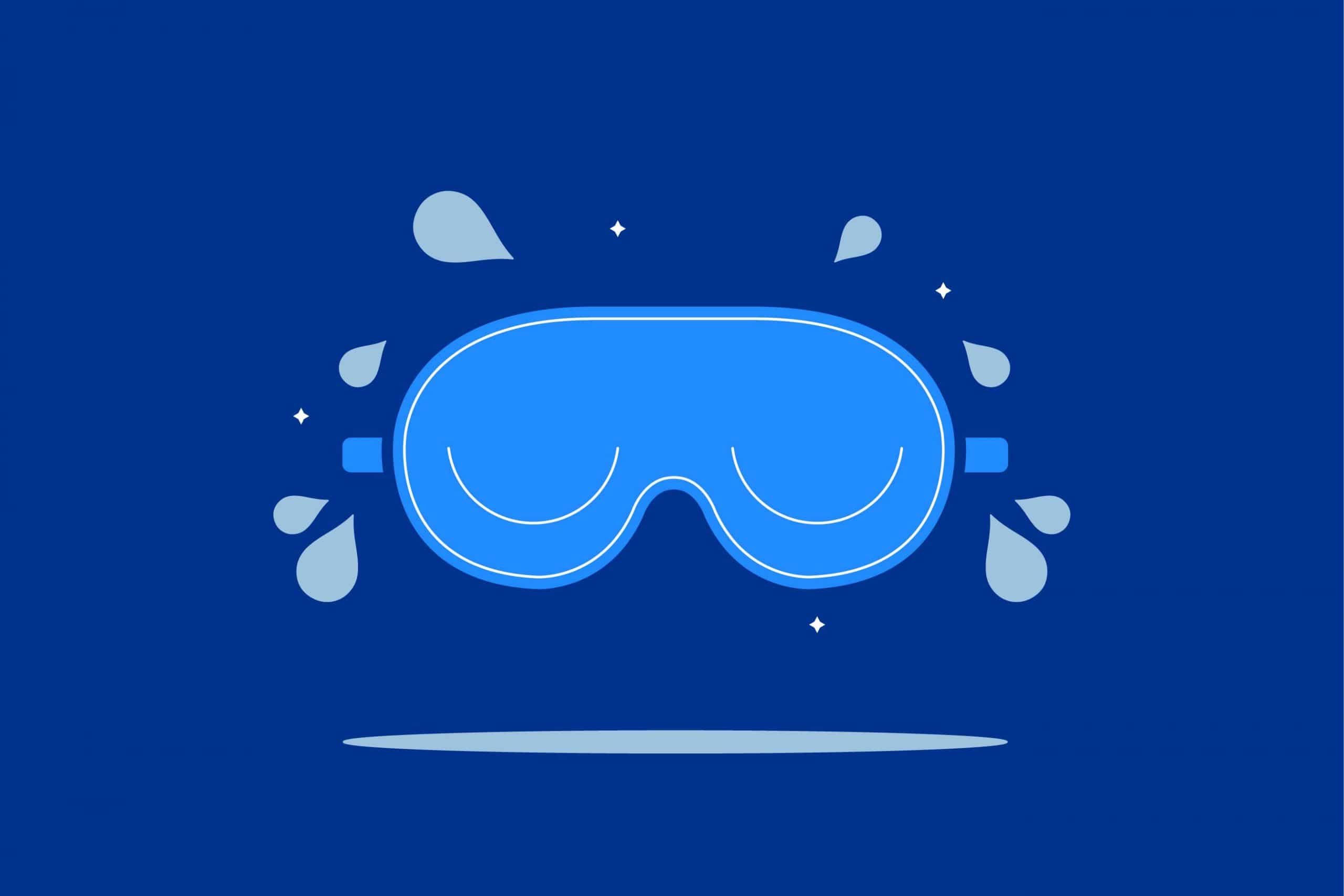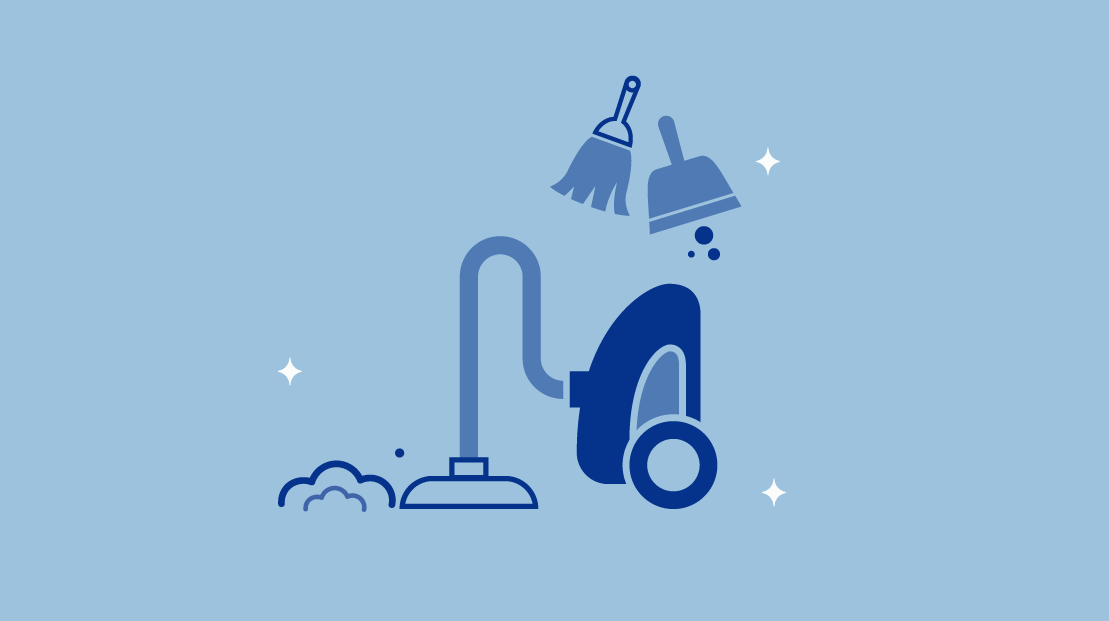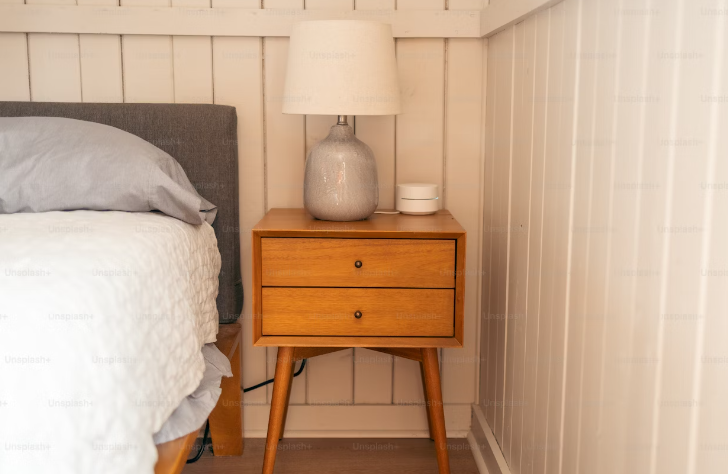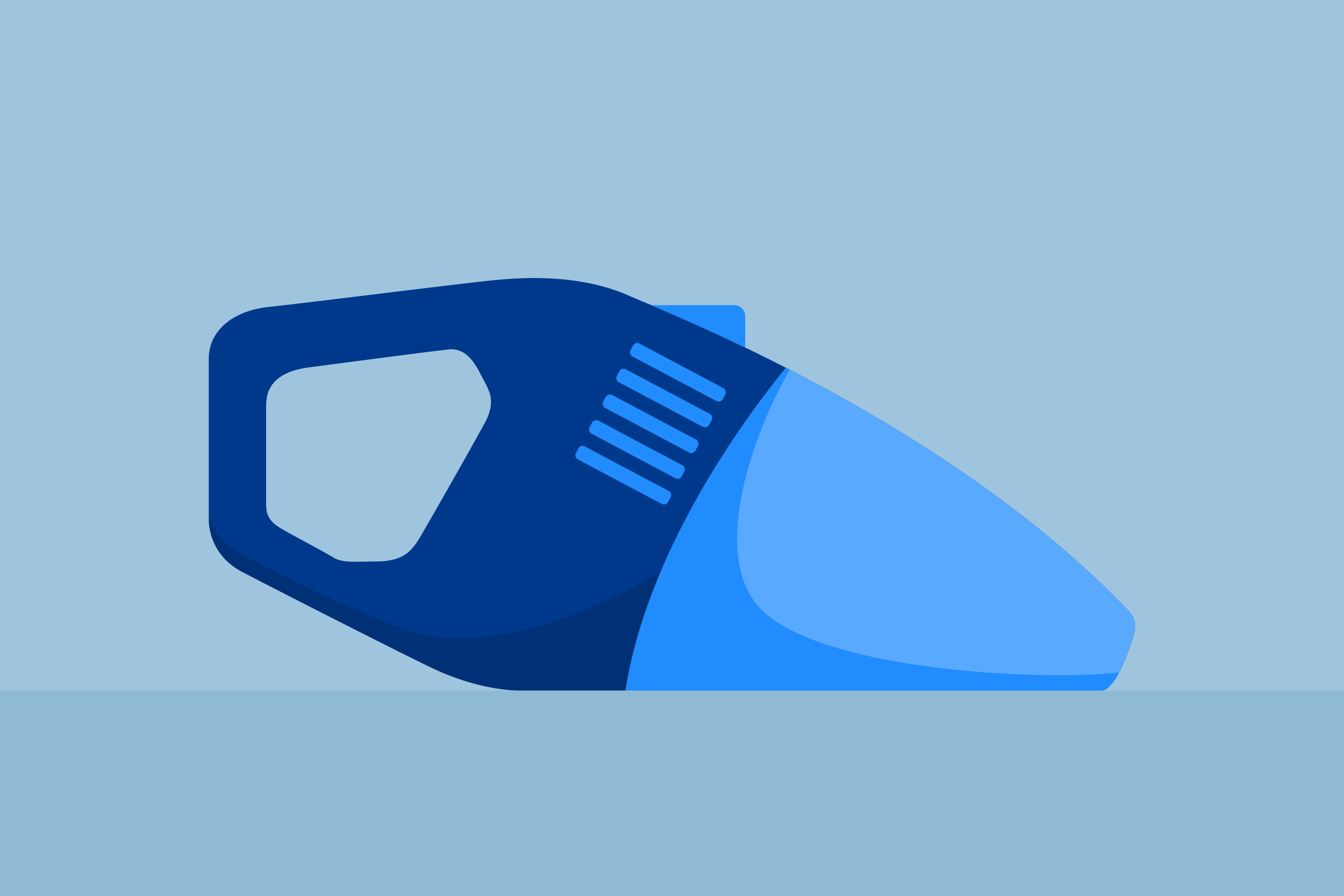Key Takeaways
- What Causes Sweats at Night: Night sweats can be caused by various factors such as hormonal changes, infections, medications, anxiety, and more.
- Making the Bed the Right Way: To combat night sweats, make your bed sweat-friendly by using moisture-wicking bedding, cooling pillows, and maintaining a cool bedroom environment.
- Update Bedding as Needed: Changing sheets promptly after night sweats, choosing blankets and sheets with breathable weaves and fibers, and using a cooling mattress can help improve your sleep quality.
If you’re one of those hot sleepers experiencing night sweats, you’re not alone. Night sweats occur when your body heat rises during sleep, leaving you drenched in sweat and uncomfortable. But don’t worry, there are simple steps you can take to make your bed more comfortable and sleep-friendly even on the hottest nights.
In this article, we’ll show you how to set up your bed to combat those pesky night sweats and ensure you wake up feeling refreshed and dry. Say goodbye to restless, sweaty nights and hello to a more comfortable sleep experience.
Quick Guide: A 30-Second Summary
| Best Cooling Sheets | Amerisleep Bamboo Sheets |
Common Causes of Night Sweats
Night sweats can be bothersome, but understanding the underlying cause is the first step to finding relief. Let’s explore the most common causes of sweating at night, shedding light on why you might be feeling warm and sweaty during your sleep.
Hormonal Changes
Hormonal fluctuations, especially in women, cause night sweats. Conditions like menopause, perimenopause, and pregnancy can change estrogen levels, causing temperature regulation problems that lead to hot flashes and night sweats in women as an underlying condition.
However, when it comes to night sweats in men, low testosterone can be a factor.
Infections
Medical conditions like tuberculosis, bacterial infections such as endocarditis (inflammation of the heart valves), and autoimmune disorders like HIV/AIDS can cause you to experience night sweats.
These conditions mess with your body’s immune response and can raise your body temperature while you sleep. Worse, lack of sleep can affect the immune system, creating a vicious cycle. If you’re having night sweats, it’s important to consult your doctor to get proper guidance.
Certain Medications
Some medical conditions can happen because of specific medications, such as antidepressants, hormone therapy drugs, and fever-reducing medications. These drugs can mess up the body’s temperature control and lead to night sweats as a side effect.
Anxiety and Stress
Emotional stress and anxiety disorders can activate the body’s “fight or flight” reaction, making your heart beat faster and your body temperature rise. Aside from all the other ways that stress affects sleep, this reaction can occasionally result in night sweats.
To help, you can use a fan, remove some pillows, or adjust your comforter. You can also look into ways to manage stress at night for better sleep.
Obstructive Sleep Apnea
Sleep apnea, which is a medical condition where your breathing stops and starts while you sleep, can make you sweat at night. The struggle to breathe and the frequent waking up can lead to excessive sweating at night, along with other symptoms like excessive daytime sleepiness that can clue you into whether or not you have sleep apnea.
Health Conditions
This can play a role in causing night sweats. For instance, when you have an overactive thyroid or hyperthyroidism, Verified Source National Library of Medicine (NIH) World’s largest medical library, making biomedical data and information more accessible. View source it can lead to low blood sugar and sweating as a common symptom.
Similarly, diabetes, certain cancers like lymphoma, and neurological conditions like autonomic neuropathy can also bring about night sweats. It’s worth noting that sweating during cancer treatments can occur too.
Diet
Eating spicy food, having caffeine, or drinking hot beverages before bedtime can raise your body temperature, making you sleep hot and potentially causing night sweats. This is because spicy foods can trap heat in your body.
Environmental Factors
Sleeping in a hot room, using heavy blankets, wearing warm sleepwear, or taking a warm shower before bed can all make you sweat a lot, which can make it hard to fall asleep. If your feet sweat, try socks that don’t have synthetic materials, or look for ones that are moisture-wicking.
Tips for Making Your Bed Better if You Sweat at Night
If you’re someone who experiences night sweats, making your bed in a way that promotes comfort and helps manage sweating is essential for a good night’s sleep. Here are some simple steps to make your bed more sweat-friendly.
Start with a Clean Slate
Start by making sure your mattress is clean and dry. Moisture can make you uncomfortable and even lead to mold growing.
If your mattress has soaked up sweat, think about using a mattress protector to stop it from happening again. This will also keep mattress mold from making a home in your mattress, along with other allergens and pests.
You can also opt for breathable fabric and look for bedding made from moisture-wicking and breathable materials. Natural fabrics like cotton and bamboo are excellent options as they allow air to circulate and moisture to evaporate, keeping you cooler and drier.
To help keep things further cool, use a fan as you sleep, and even try drinking a glass of cold water before bedtime to stay comfortable.
Layer Wisely
Making your bed with the right bedding is important, especially if you tend to be sleeping hot. Begin by adding a thin mattress pad with cooling effects or a moisture-wicking, cooling mattress topper.
These can stop sweating and keep your mattress feeling fresh and comfy. Using moisture-wicking materials is a smart choice to help you stay cool and dry throughout the night.
Cooling Pillow and Cooling Blanket
To reduce sweating and stay cool during the night, consider investing in cooling pillows and a cooling blanket. Choose ones made from materials like shredded memory foam, natural latex, or down alternative, as they promote better air circulation and prevent heat buildup.
Choose a lightweight cooling blanket designed to regulate your body temperature and prevent overheating. Some even come with cooling technologies, such as gel-infused particles, which can absorb excess heat and provide instant relief for a cooler sleep experience.
Those who share a bed may also want to consider the benefits of separate blankets for couples.
Maintain a Cool Bedroom Environment
To reduce sweating at night, it’s essential to keep your bedroom cool. You can achieve this by using a fan or air conditioning to make sure the room temperature is just right for sleep. Cooler bedroom environments can help minimize the chances of experiencing night sweats, allowing you to rest comfortably in the fresh and cool air.
Wear Lightweight Pajamas
One of the helpful tips for managing your body temperature at night is to wear lightweight pajamas. Go for moisture-wicking pajamas that can keep you cool and dry.
Loose-fitting, breathable sleepwear allows your body to stay comfortable throughout the night, reducing the chances of overheating and night sweats. Short sleeves and pajama shorts rather than full pajama pants can also help you stay cool better when it’s warm out.
FAQs
What type of mattress is best for people who sweat?
The best mattress for those prone to sweating and hot sleeping is, naturally, a cooling mattress. Memory foam, latex, or hybrid mattresses with cooling gel layers and breathable materials are excellent options. These mattresses promote airflow and help dissipate heat, reducing the likelihood of waking up drenched in sweat.
Make sure you also choose a model with good contouring and support, as these features ensure a more restful sleep experience when dealing with nighttime perspiration.
Do I need to change sheets after night sweats?
Yes, it’s best to change your sheets. Night sweats can leave behind moisture, which can seep into your sheets and mattress, potentially leading to unpleasant odors, mattress sweat stains, and even the growth of bacteria or mold.
Regularly changing your sheets and pillowcases not only maintains a clean and hygienic sleep environment but also ensures that you’re sleeping on a fresh surface each night, promoting better sleep hygiene. Using moisture-wicking, breathable sheets can also help minimize the discomfort caused by night sweats.
What type of bedding is best for night sweats?
Look for moisture-wicking sheets and pillowcases made from materials like cotton or bamboo. These fabrics are highly breathable and can effectively draw moisture away from your body, helping to keep you cool and dry. Consider also using a cooling mattress protector or topper to further regulate your body temperature.
It’s also a good practice to keep an extra set of sheets on hand for quick changes during the night if night sweats are a persistent issue.
Why do I sweat through my sheets every night?
Medical conditions like menopause, certain infections, or sleep apnea can trigger excessive sweating during sleep. Medications such as antidepressants, fever reducers, or hormone treatments may also be contributing factors. Lastly, consider potential environmental factors like a hot bedroom or heavy bedding, as these can exacerbate night sweats.
Consulting with a healthcare professional can help diagnose and manage any medical conditions contributing to night sweats. If these are ruled out as potential underlying issues, adjust your sleep environment by keeping your bedroom cooler and using moisture-wicking bedding. These simple changes help alleviate excessive sweating during the night.
Can you clean sweat out of a mattress?
Yes, cleaning sweat stains and odors from a mattress is possible, but it’s important to act promptly. Start by blotting the affected area with a clean, absorbent cloth to remove as much moisture as possible. Then, mix a solution of mild detergent and water and gently blot the stain.
Avoid saturating the mattress as you clean it, as excess moisture can lead to mold or mildew growth. After cleaning, allow the entire mattress to air dry completely, preferably in direct sunlight. UV rays can help kill bacteria in the bed and eliminate odors. You can also use a mattress protector to prevent future stains and make future cleaning easier.
Conclusion
Night sweats can disrupt your sleep and leave you feeling uncomfortable. Taking steps to set up your bed for a more comfortable sleep can significantly reduce night sweats. From choosing the right bedding materials to maintaining a cool bedroom environment and wearing appropriate sleepwear, these simple adjustments can make a world of difference in your quest for a sweat-free and restful night’s sleep.
With the right setup, you can say goodbye to damp, sweaty sheets and hello to a dry, relaxing night’s sleep. Don’t let night sweats stand in the way of getting your beauty rest. A few small tweaks can help you wake up feeling cool, comfortable, and ready to tackle the day ahead.
About the author
April Mayer is a sleep expert and writer with a degree in exercise physiology. She has dedicated her career to exploring the relationship between sleep and productivity. Her insightful articles, such as "The Surprising Way Your Mood Might Be Messing With Your Productivity" and "Wake Up to More Productive Mornings," have been featured in reputable publications like Forbes, Greatist, Real Homes, Thrillist, Tom's Guide, and Eat This, Not That. With a passion for helping others lead more productive lives through restful sleep, April offers valuable expertise on foods and vitamins for better sleep. As a trusted member of the Early Bird team since March 2020, she continues to provide informative and well-researched content.
View all posts





